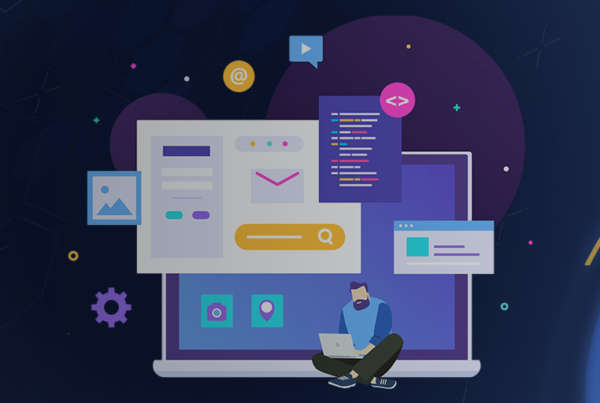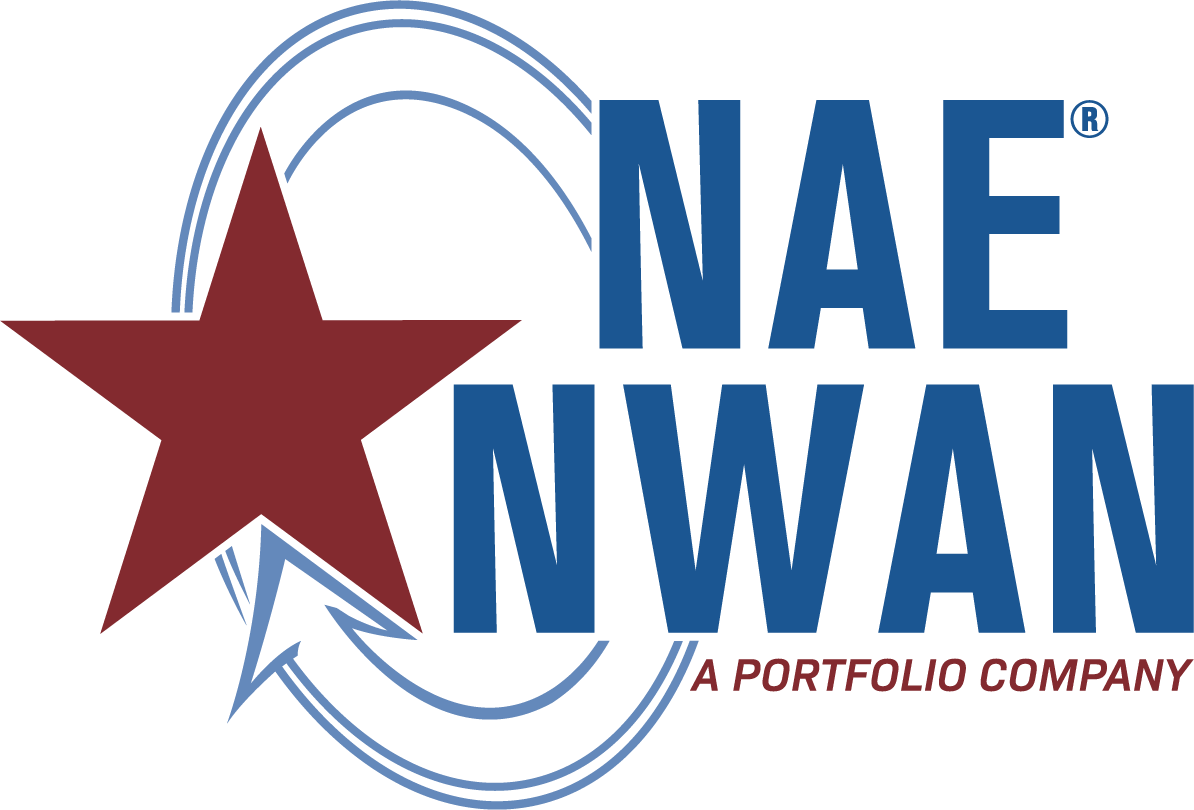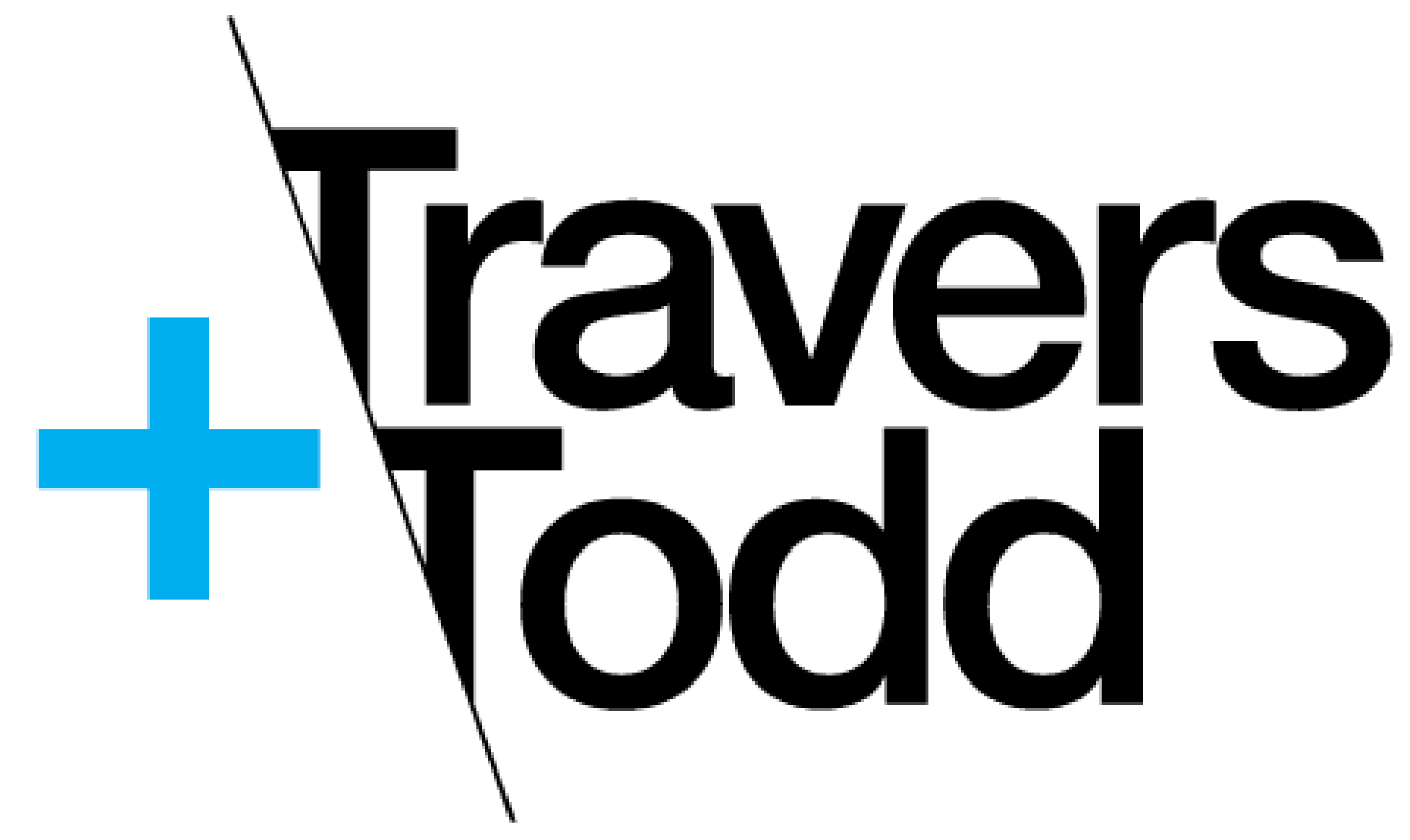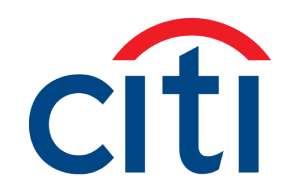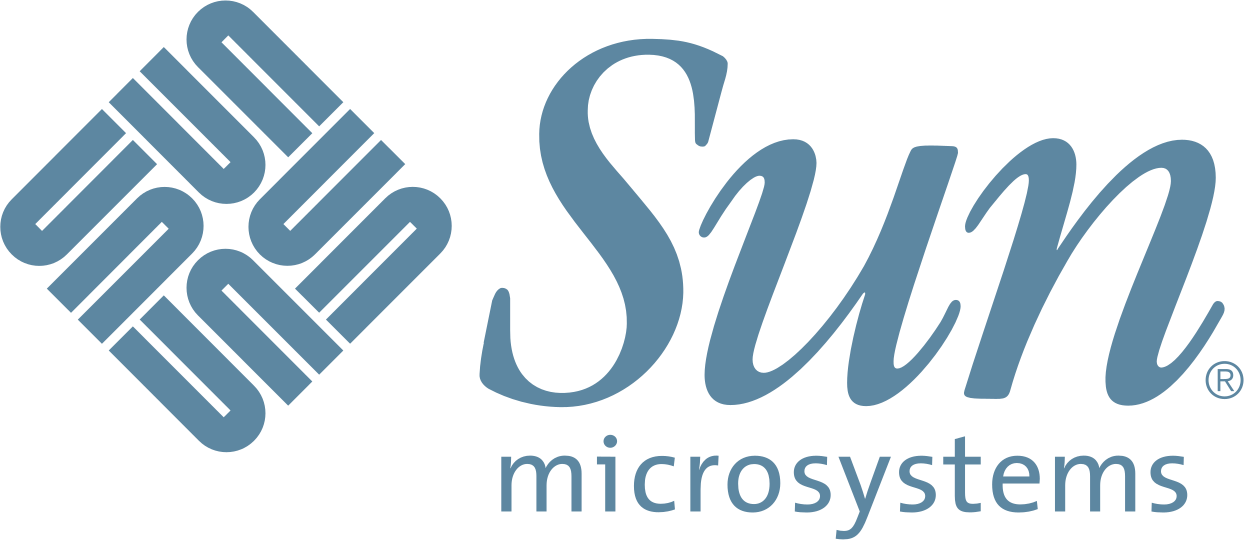Developing a successful app relies on a great deal of research, strategic planning, and listening to your users. Everything from the technologies used, to the development team and their methodology has to be taken into account. In this blog, we’re going to take a look at three essential questions you need to answer before starting the development of your app.
How will the app generate revenue?
The monetization strategy is one of the most important factors to consider when developing an app. Without a good strategy, you will lose both money and customers, because some apps use monetization models that negatively affect the UX.
Not all apps are designed to make money directly. Some will be internal-facing apps, which will be used to augment business processes. Others will generate leads that will be converted further down the line through other means. However, if your app does not fit into one of these two categories, you will most likely need a direct monetization model. These models may include advertising, pay per download, in-app purchase, freemium or subscription models. Finding the best model for your app involves analyzing your product type, user base, and target market.
Should we build a native or a cross-platform app?
Your app can be either developed for a particular platform or using a cross-platform development framework that will output to all devices. Each option comes with its own advantages and disadvantages. Native apps perform better on the target platform, and they tend to make use of all the latest internal sensors and features. However, you will need developers experienced with the language of the target platform, and it will be more expensive if you plan to release on multiple platforms.
Cross-platform apps, on the other hand, are much easier and faster to develop since they use HTML, CSS, and JS for the most part. They are also available for almost every platform on the market, and you will still have to be able to use some device specific APIs in order to access the storage, camera and other features of the device. However, these apps are slower and less interactive than native apps.
Should we outsource the development of our app?
We’ve covered outsourcing in a previous article (Should You Hire an In-house Development Team or Outsource?), where we compared the advantages and disadvantages of using an in-house development versus remote, outsourced team. Each option comes with its own pros and cons. Building an in-house development team is more costly in terms of time and resources, while outsourcing runs the risk of fizzling out in the long-run. For the best results in the long-term, you should hire your own development team. However, if time and budget constraints are tight, outsourcing is the best option. Make sure to check our other article on the topic for a more in-depth analysis of this decision.
There are many other factors to take into consideration along the way, but these three questions will help you make the most important initial decisions from a business standpoint. Once the discussion starts with your development team, you will be able to ask other questions relating to the customer journey, such as the technologies that will be used, the production methodology, and anything else that is relevant.


